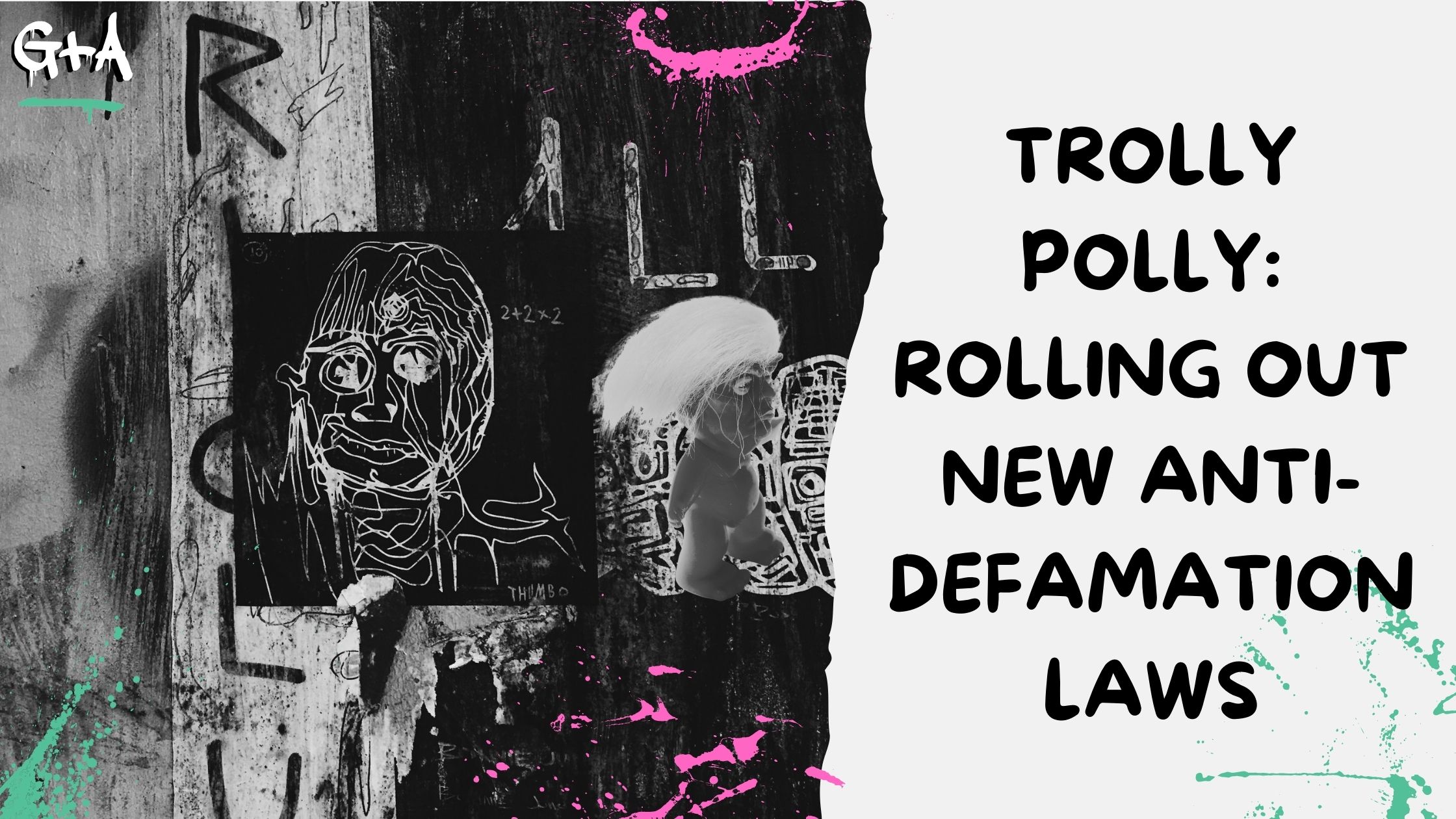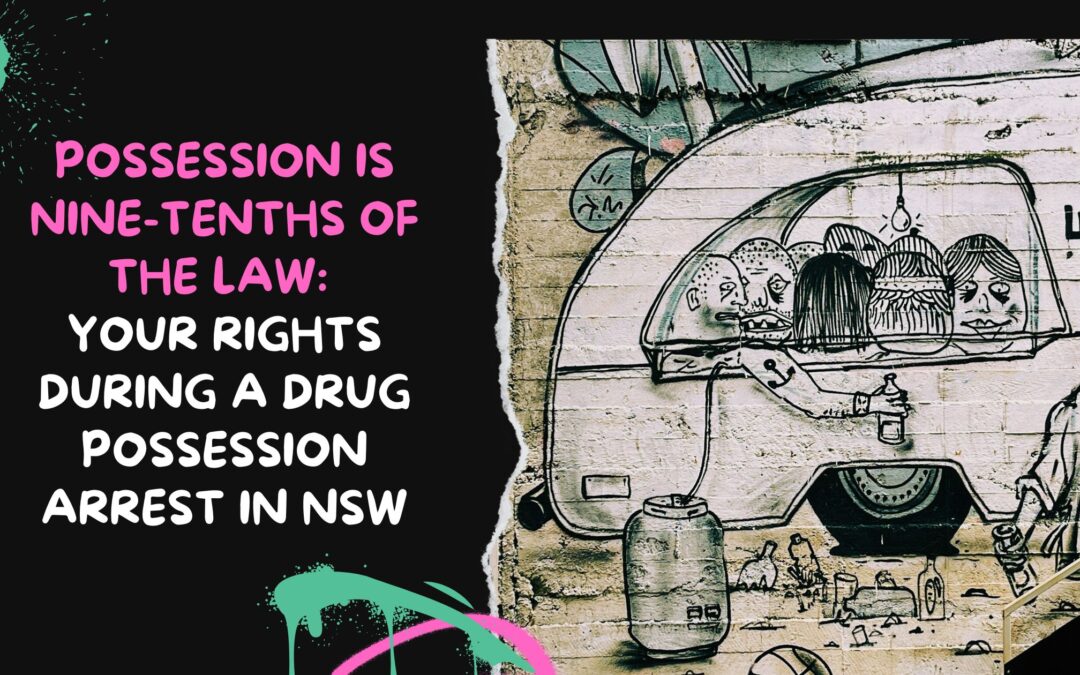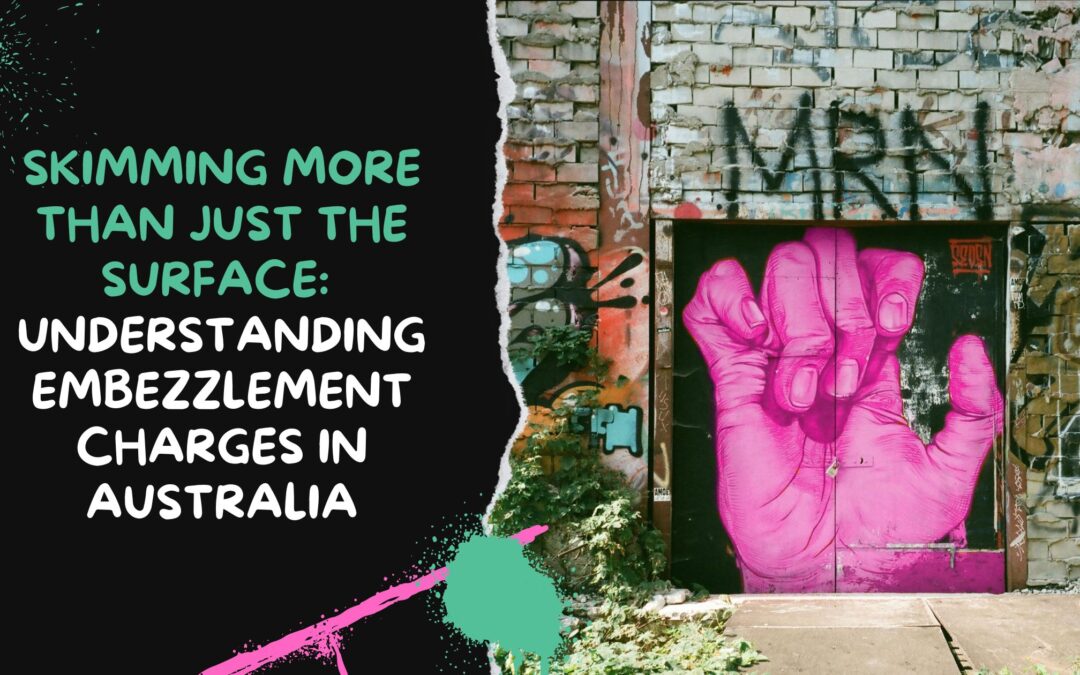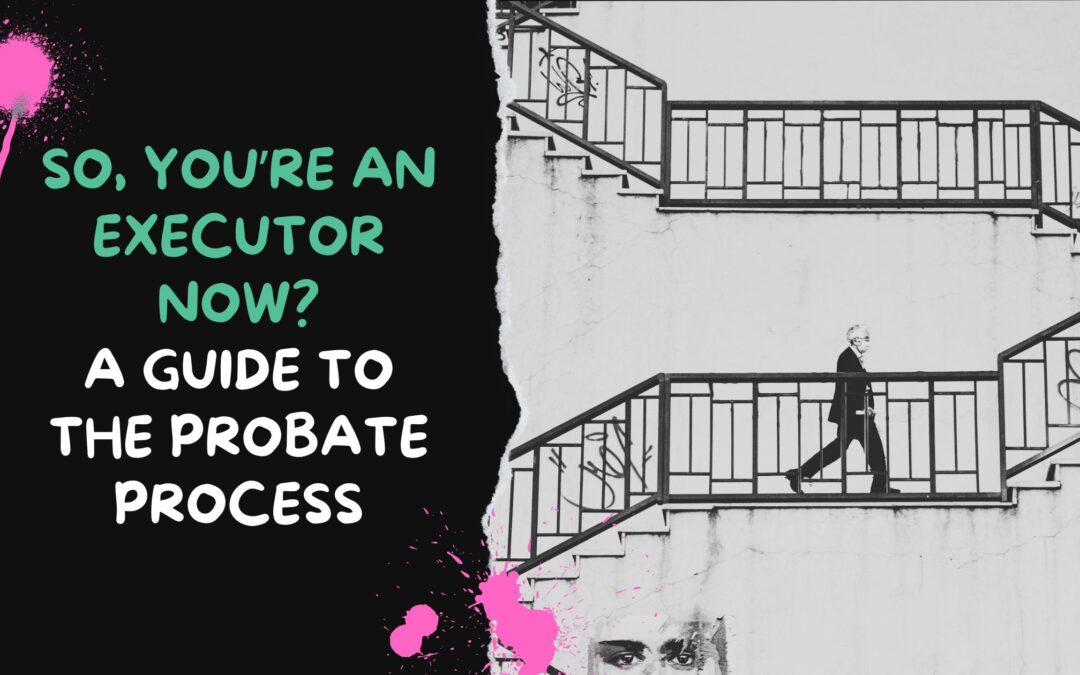Trolly Polly: Rolling Out New Anti-Defamation Laws
Last week, Prime Minister Scott Morrison and Attorney-General Michaelia Cash introduced an ‘anti-trolling bill’. This is to expose anonymous online trolls and clamp down on defamatory posts on popular social media platforms.
This has been a long-standing issue in Australia, with the increased use of social media in society (especially with adolescents). In fact, even Members of Parliament receive their fair share of trolling, with some resulting in defamation cases. In recent memory, MP Peter Dutton, John Barilaro, and Andrew Laming have been involved in defamation cases after being trolled online.
There is already some criticism from journalists who believe the proposed changes won’t actually help slay online trolls. Rather, that it will help politicians win their defamation cases when they arise.
Under the new proposals, social media companies with more than 250,000 Australian users will be required to set up a complaint system. Something easy to use to help respond to alleged defamatory comments and assist in identifying the person responsible. Social media companies that refuse to comply can be slapped with a fine of up to $550,000 and a further $27,750 for every day they fail to act.
Two paths would exist under the proposal for those who want to make a complaint about defamatory comments made against them.
The first avenue available is to complain directly to the social media company. They then have 72 hours to address the complaint with the user. The company can remove the defamatory content and identify the user after receiving their consent. The company then must inform the individual about the outcome of their complaint.
The second avenue available is to apply for an ‘end-user disclosure’ Court order. This is a more lengthy and pricey option, but it would compel disclosure required to take the matter further. The Court has the power to compel disclosure of the details of the commenter directly from the social media company.
Details include:
- Name,
- Email,
- Phone number;
- Location
To be successful, the individual must prove the comments made about them would cause “serious harm”. The kind of which claim for defamation can be made.
Furthermore, under the new laws the Attorney General is able to step in and start a defamation case against the social media company or apply for an end-user information disclosure order. They also have the power to have the Commonwealth pay for the applicants’ costs if/when the case settles in the case of worthy “socially or economically disadvantaged” applicants.
To stop people suing each other willy nilly, there is a qualification in that social media companies are only required to act if the complaint appears genuine. Similarly, the Court may reject an end-user disclosure order application if “disclosure is likely to present a risk to the commenter’s safety”.
The new laws would also remove, or at least limit, liability from major platforms like Google and Facebook (now Meta). As the person responsible for the post becomes the party in the crosshairs, the companies would just be responsible for disclosing the users details.
Until now, defamation laws have been governed by the States and Territories, this new legislation would be passed at the Federal level.
We have a lot of experience dealing with defamation cases. Whether you are being accused of defamation or being defamed, we have the experience and knowledge to help you. If you or someone you know needs help, feel free to contact our office today to see your options.




